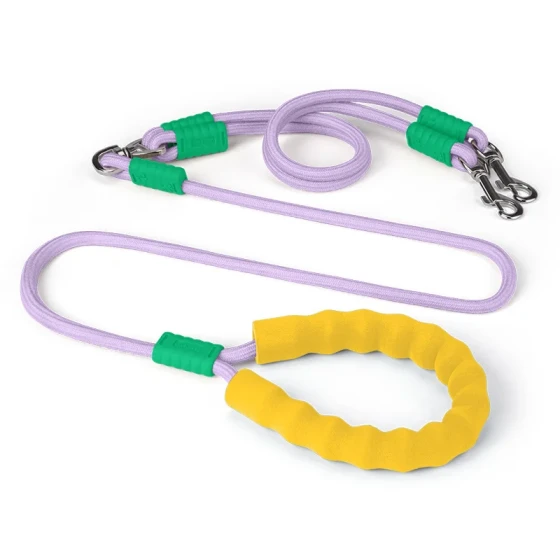The Calcium Deficiency in Poodles That Cannot Be Ignored

Poodle (detailed introduction)
Regardless of the age group, poodles can suffer from calcium deficiency. If a dog is deficient in calcium, the owner needs to help it supplement calcium appropriately based on its actual condition. However, owners should not give excessive calcium supplementation just because the dog lacks calcium. It is important to know that excessive calcium supplementation is also unhealthy for dogs.
The symptoms of calcium deficiency in poodles vary depending on their age and physiological stage. For example, if a poodle puppy is calcium-deficient, symptoms may include double rows of teeth, joint deformities, loss of appetite, slow growth, and susceptibility to gingivitis in adulthood; if an adult poodle is calcium-deficient, it may become lethargic and prone to fractures; if a dog is calcium-deficient postpartum, you might see sudden muscle rigidity and spasms, convulsions, fever, rapid breathing, and even coma or death; elderly dogs may suffer from osteoporosis due to calcium deficiency...
So what should an owner do when a poodle is calcium-deficient? Immediately supplementing calcium is not the first step. It is urgent to first understand why the dog is deficient in calcium (whether it is due to insufficient calcium in food, calcium deficiency caused by excessive liver consumption, or inability to absorb calcium due to disease). Only after determining the cause of calcium deficiency can you help the dog with targeted calcium supplementation.
There are many ways to supplement calcium for poodles, such as providing foods high in calcium, giving calcium powder or tablets, or letting the dog get more sunshine. Owners should note that before supplementing calcium, it is best to have a veterinarian check and confirm the method and dosage. There are two reasons for this: 1. You may not know some precautions for calcium supplementation, and improper handling may fail to achieve the intended effect; 2. As stated at the beginning of the article, excessive calcium supplementation may cause other health problems, causing owners further headaches.



